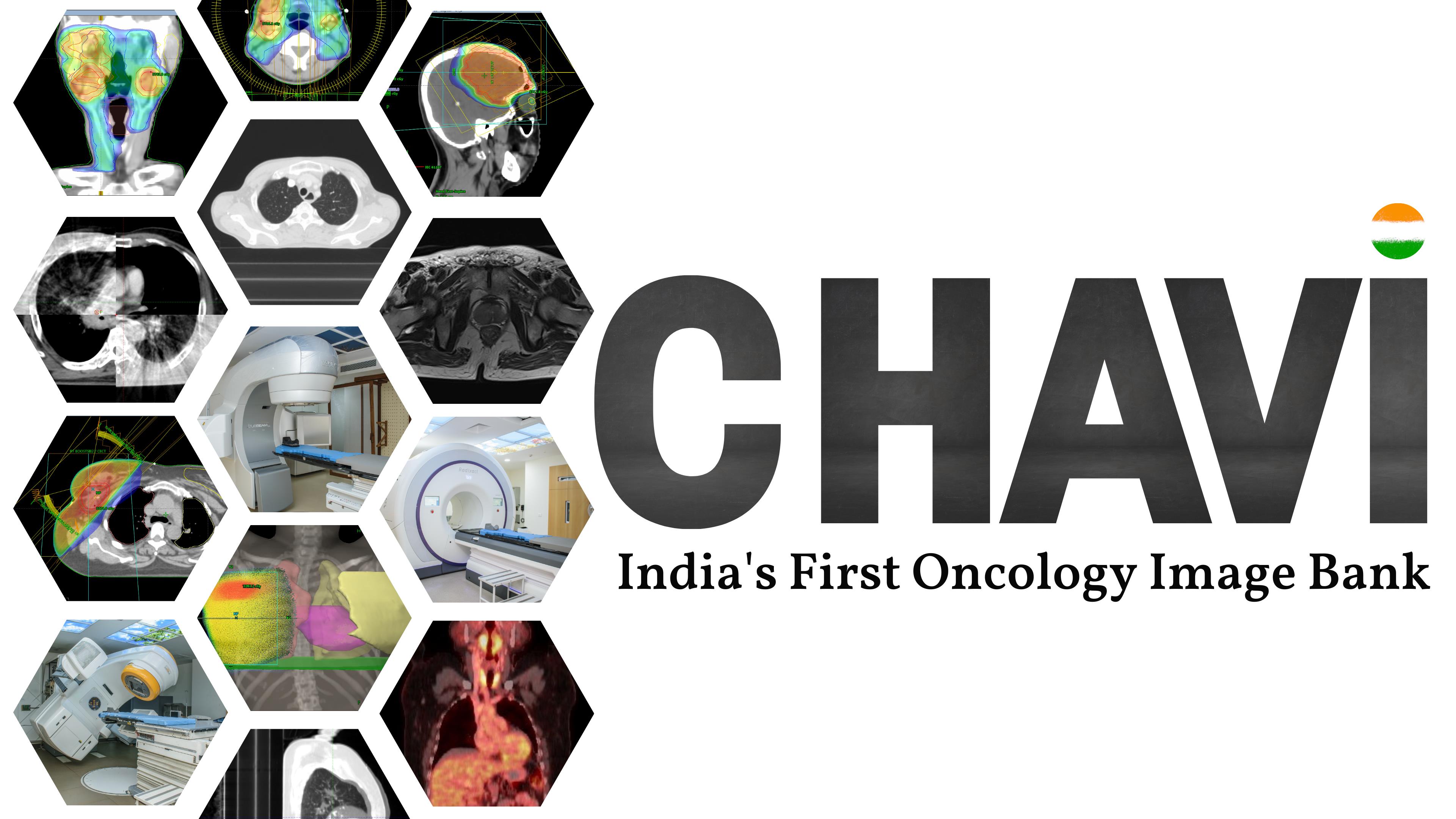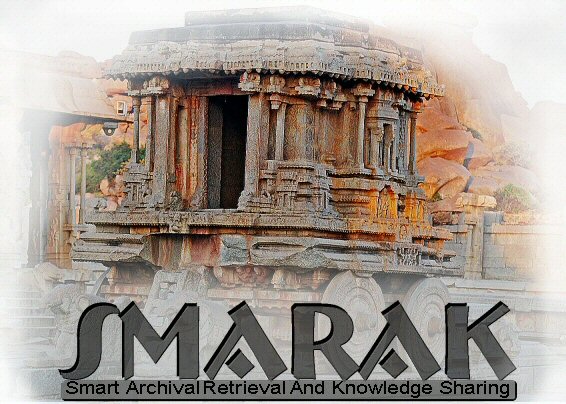|
|

iMediX, is a multi-tier secure telemedicine system developed at the Telemedicine Laboratory, Department of Computer Science and Engineering, IIT Kharagpur to deliver eHealthcare over the Internet. The system integrates with a third party web based video-conferencing system which allows doctors from different hospitals undertake tele-consultations with the minimal requirement of a webcam and internet connection. iMediX is developed on Java platform over Linux OS. A base version of the system is available as opensource here . |
|
CHAVID3S is a de-identification system that runs in a standalone mode. The system takes care of the de-identification of radiation oncology patient's clinical and annotated imaging data including RTSTRUCT, RTPLAN, and RTDOSE. The clinical data consists of the diagnosis, stages, outcome, and treatment information of the patient. The imaging data could be the diagnostic, therapy planning, and verification images. The system is available as opensource here . |
|
CompreHensive ArchiVe of Imaging (CHAVI) is a DICOM data repository [1] that stores
de-identified radiological images associated with patients’ treatment information. The
web-based system is hosted at https://chavi.ai/ to make ease radiomics research. The
data is de-identified using CHAVI DICOM Data De-identification System (CHAVID3S)
[2]. It is primarily developed for the de-identification of radiological DICOM images and
associated radiation therapy (RT) planning (RTPLAN), structure (RTSTRUCT), and
dose (RTDOSE) data. It is a standalone application that is built using Java. The
CHAVID3S uses MySQL relational database management system (RDBMS) to store
the data, which keeps tracking the references of the data in encrypted form for re-
identification. This system can also de-identify the clinical data where the de-
identification is defined in the context of research goals and objectives [3].
1. Kundu, Surajit, Santam Chakraborty, Jayanta Mukhopadhyay, Syamantak Das, Sanjoy
Chatterjee, Rimpa Basu Achari, Indranil Mallick et al. "Design and Development of a
Medical Image Databank for Assisting Studies in Radiomics." Journal of Digital Imaging
(2022): 1-16. URL: https://chavi.ai
2. Kundu, Surajit, Santam Chakraborty, Sanjoy Chatterjee, Syamantak Das, Rimpa Basu
Achari, Jayanta Mukhopadhyay, Partha Pratim Das et al. "De-identification of Radiomics
data retaining longitudinal temporal information." Journal of medical systems 44, no. 5
(2020): 1-15.
3. Kundu, Surajit, Santam Chakraborty, Jayanta Mukhopadhyay, Syamantak Das, Sanjoy
Chatterjee, Rimpa Basu Achari, Indranil Mallick et al. "Research goal-driven data model
and harmonization for de-identifying patient data in radiomics." Journal of Digital Imaging
34, no. 4 (2021): 986-1004. |
|
Newborn Care and Monitoring System (Navajatak) Babies with age less than 28 days are considered as neonates. Newborns, at the time of birth, require extreme care and attention for survival. In fact, lack of proper treatment, may cause death of the newborn and sometimes even the mother may also be in danger. In India, Infant Mortality Rate (IMR) is 47.57 deaths/1000 live births [1]. In view of this, a system to incorporate the newborn patient management model is required to be implemented. Telemedicine Lab in IIT Kharagpur, jointly with the Department of Neonatology, SSKM Hospital, Kolkata, have developed a workflow for neo-natal care services and subsequent follow up examinations. The neo-natal services require extensive e-Healthcare support that should efficiently manage medical information of the baby and the mother over a considerable period to provide follow up services. In addition, it must implement the workflow being practiced by the physicians. Although some imported packages such as NeoData NICU Patient Data System [2] by MetaSoft Systems, Inc. etc. are available, these are often very expensive and are not tuned to Indian socio-economic conditions. The system developed by IIT and SSKM for newborn care, also termed as "Navajatak", aims to fulfill the requirement imposed by Indian socio-economic standards. Such system, when used in a Government Hospital having specialized NICU facility, will be able to provide considerable benefit to a large number of patients on a daily basis.
|
|
Video conferencing software, eBaithak, has been developed in house to allow doctors from different hospitals undertake tele-consultations with the minimal requirement of a webcam and internet connection. This tool can be accessed through flash enabled standard web browsers. eBaithak is an independent module which can be integrated with iMediX |
|
SMARAK, is a multi-tier secure specialized information community for
users with common interest in heritage images, developed at
Telemedicine laboratory, IIT Kharagpur. This website features user
interaction based knowledge sharing and archival of heritage images
with the facility of three types of searching namely attribute
based, nlp based and context based searching.SMARAK is developed in
JAVA platform in Linux OS. |
|
VIMARSHAK is a subjective evaluation system to assess the image processing algorithms, based on the visual perception of the algorithm output images by human evaluators. Irrespective of any objective measures of evaluation, it solely considers the human assessment of images for evaluation through pairwise comparisons of images. The evaluation votes are enumerated to capture the preference of ratings, and the algorithms are ranked accordingly. |





